THE MOST PUZZLING MYSTERIES OF THE UNIVERSE
Added on: 21st May 2016
HOW OLD IS THE UNIVERSE?
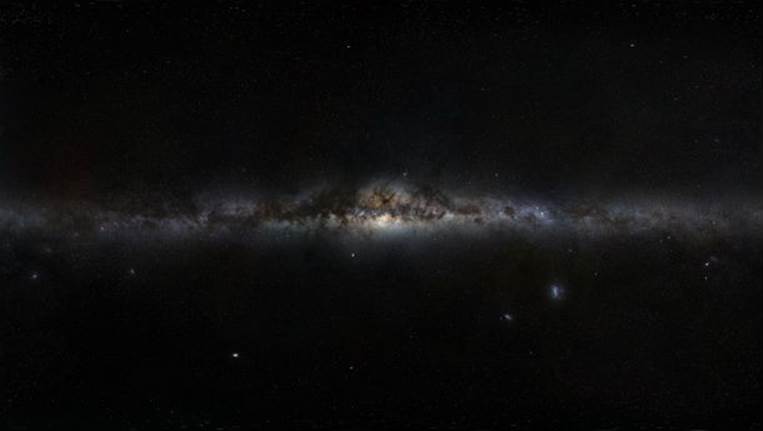
At the dawn of the twenty-first century and despite all our
technological and scientific progress, the universe’s age
remains far from certain. Current estimates place the age of
the universe at 13.799±0.021 billion years.
HOW DID GALAXIES FORM?
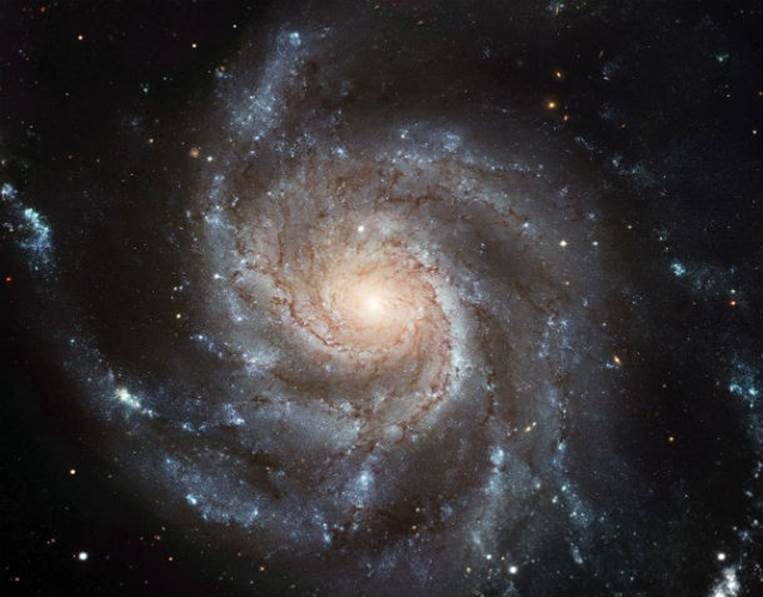
There’s a lot of debate as to how galaxies formed but at the
end of the day, no one knows for sure. After the Big Bang,
scientists are not sure if small particles slowly teamed up and
gradually formed stars, star clusters and eventually galaxies
or if the Universe first originated as clumps of matter
that later subdivided into galaxies.
WHAT ARE THE FERMI BUBBLES?
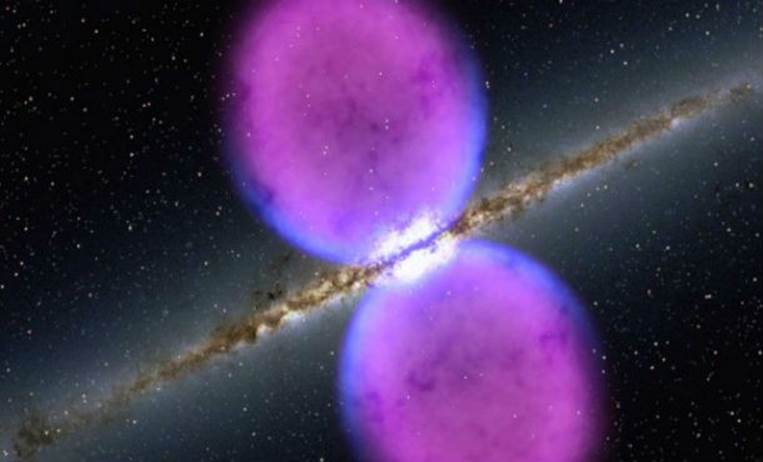
In 2010, a team of scientists working at the Harvard Smithsonian
Centre for Astrophysics discovered a pair of “Fermi bubbles”
extending tens of thousands of light-years above and below
the Milky Way’s disk. These structures are enormous balloons
of energetic gamma rays emanating from the centre of our galaxy
but there are still a lot of things we don’t know about them.
HAVE WE REALLY DISCOVERED A
RECTANGULAR GALAXY?
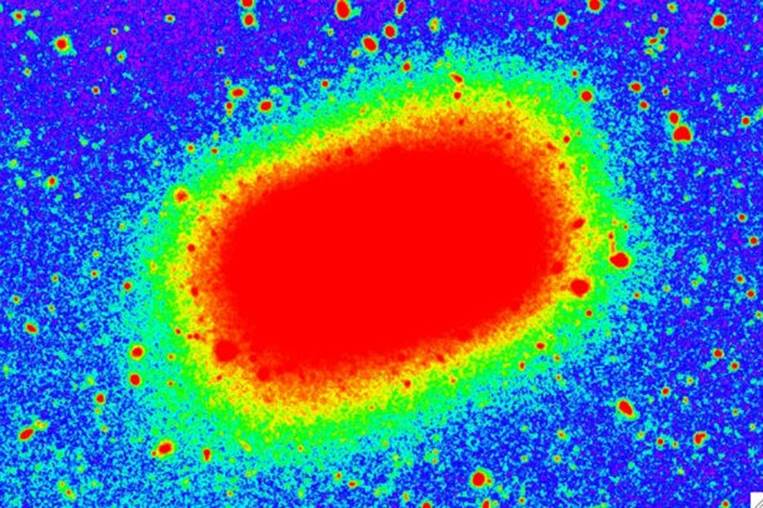
It’s being called the “emerald-cut galaxy,” and it was recently
discovered by an international team of astronomers with the
Swinburne University of Technology in Australia. The gem-cut
galaxy was detected in a wide-field image taken with the
Japanese Subaru Telescope by astrophysicist
Dr. Lee Spitler. It’s believed that the unusual shape is
the result of a collision between two galaxies.
THE UNIVERSE BEFORE THE BIG BANG
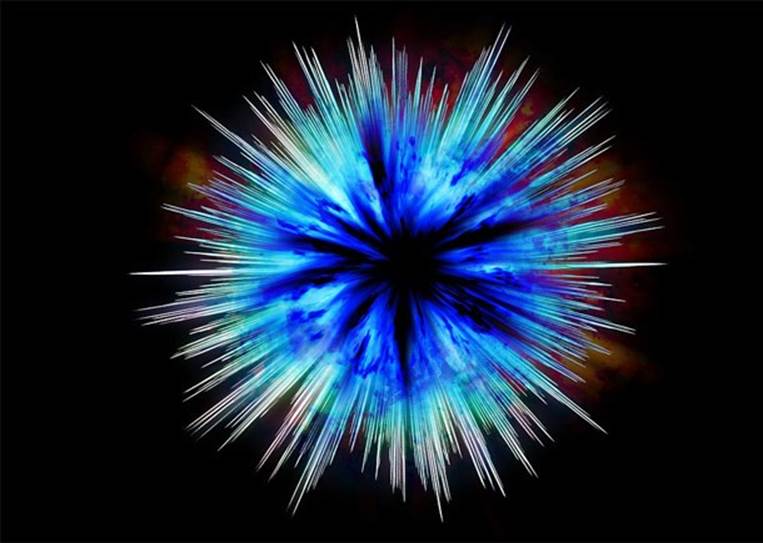
What, if anything, existed before the big bang? We have been
able to single out the genesis of our known existence to the
Big Bang but beyond that we are still clueless.
DID LIFE ORIGINATE ON EARTH?
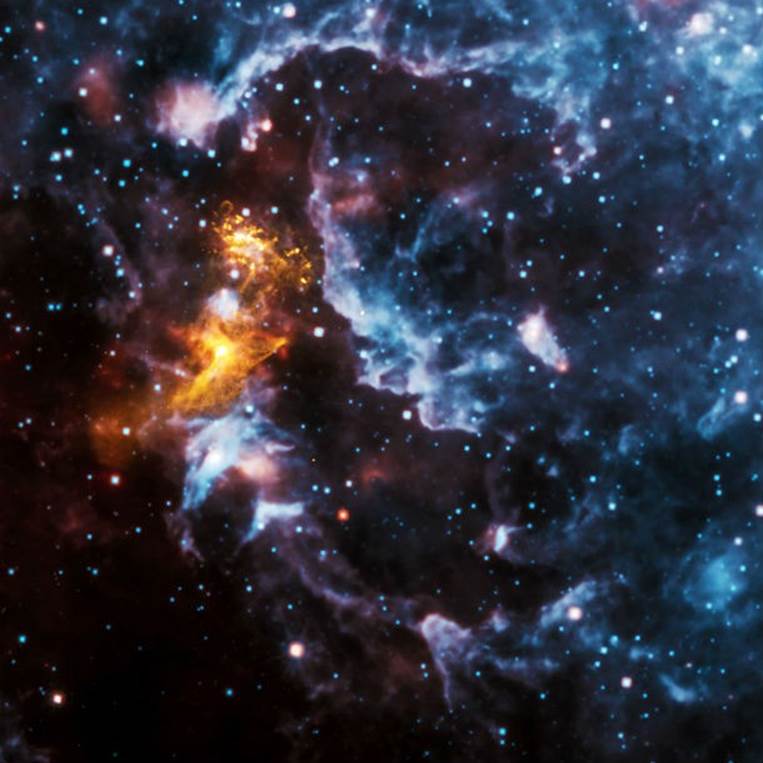
We know that Earth was devoid of life when our solar system
was first formed. Life form(s) then appeared on our planet,
eventually evolving into the species we know today. However,
whether the first lifeforms originated on Earth or elsewhere
is a huge mystery that has been the subject of serious
scientific debate. Scientists have pointed out that its possible
for life to have arisen spontaneously when conditions on
Earth were different. On the other hand, some scientists
believe that complex organic molecules could have
originated in space and been brought to Earth
via comets or meteoroids.
WHAT IS DARK MATTER?
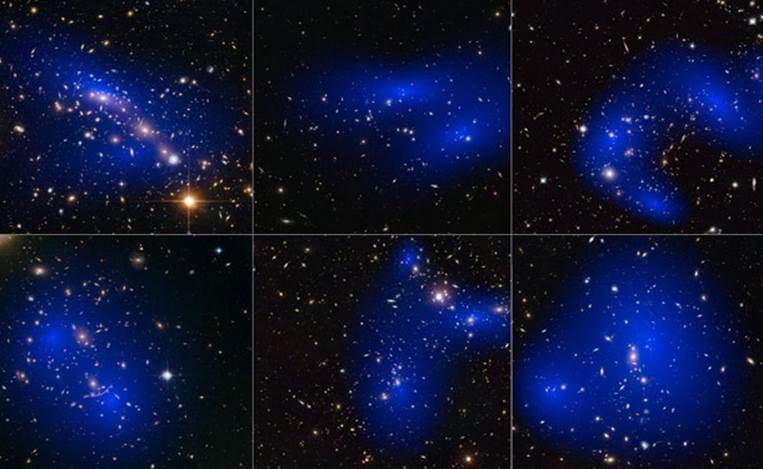
The truth is we really don’t know exactly what dark matter is.
However scientists have been able to pin down some of its
characteristics. For example, we know that it is dark, meaning
that it does not take the form of stars or planets that are seen.
Second, it is not in the form of dark clouds of normal matter.
Third, dark matter is not antimatter and finally,
dark matter is not a galaxy-sized black hole.
HOW BIG IS THE UNIVERSE?
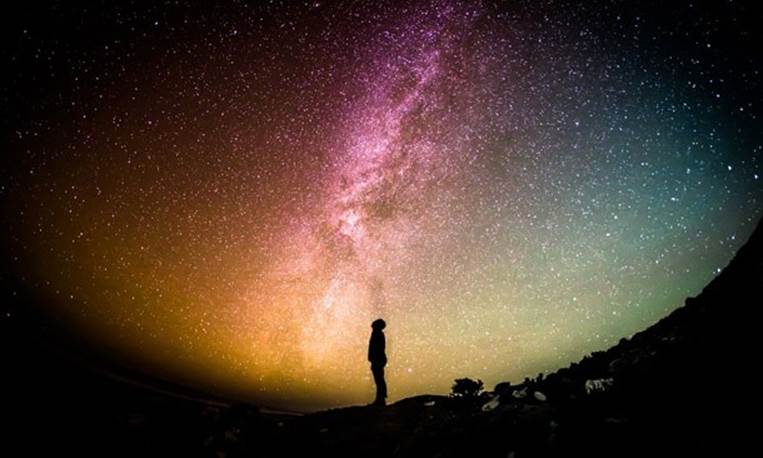
Many great debates and even more hypotheses have taken
centre stage in the search for an answer to this antiquated
question, but none has managed to answer it sufficiently.
All we know is that the universe is big! Though the
observable universe is about 13.8 billion years (give or take
21 million years), the distance to the edge of the
observable universe is about 46 billion light years away.
This is because the universe is constantly expanding
and getting bigger.
HOW COMMON ARE BLACK HOLES?
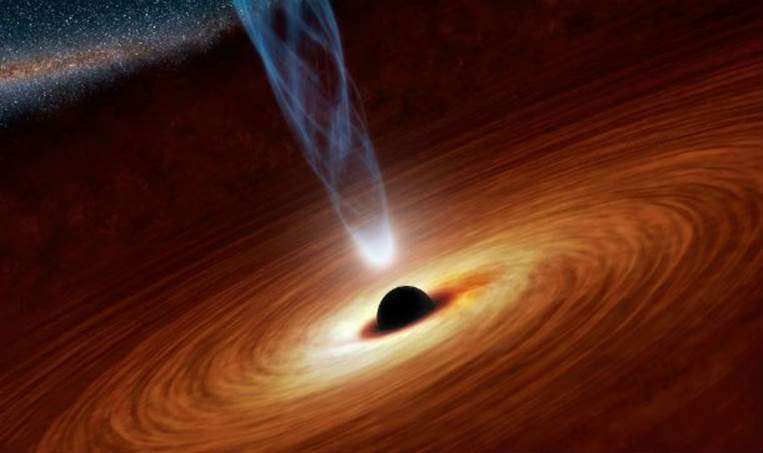
The concept of black holes takes us back to the 1780’s, when
John Michell and Pierre Simon Laplace envisioned “dark stars”
whose gravity was so strong that not even light could escape.
However, we still don’t know much about them. In 2014
for example, scientists discovered a galaxy with three
super-massive black holes at its core, which could mean that
clusters of black holes might be far more common than we
originally thought.

Comment on this